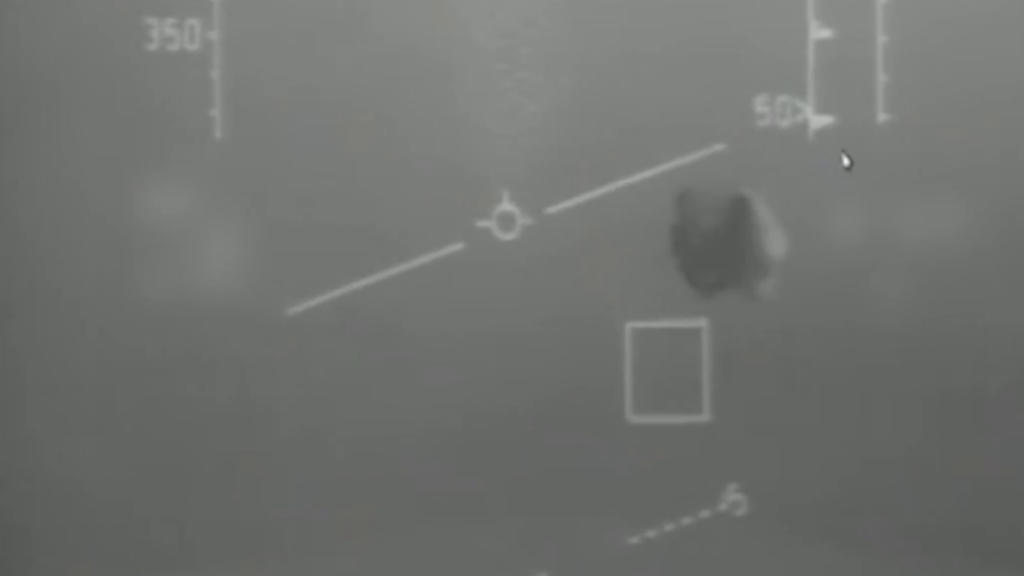Houthi Militants Claim Responsibility For Missile, Drone Attacks On Israel
Houthi militants in Yemen have claimed responsibility for an attempted missile and drone attack on Israel that took place on Tuesday, the first time the Iranian-backed group has done so.
On Tuesday, Israel’s Defense Forces announced that its Arrow 2 anti-ballistic missile system had conducted its first-ever operational interception, shooting down a Houthi ballistic missile launched from the “Red Sea area” towards the city of Eilat.
The IDF also claimed the shooting down of two drones in the Red Sea area on Tuesday morning, saying that all of the threats were intercepted before they could enter Israeli territory.
Houthi spokesperson Yahya Sria claimed later on Tuesday that cruise missiles had been launched alongside ballistic missiles and drones, saying that the attack was the third such attack on Israel since the start of its war with Hamas. While the IDF did not disclose any cruise missile interceptions, posts on Jordanian social media show wreckage of what appears to be a Houthi cruise missile in southern Jordan.
Houthi “prime minister” Abdelaziz bin Habtour was quoted by France24 as claiming that the attack had been carried out in coordination with the rest of the “axis of resistance”, Iran’s term for its network of Middle Eastern proxies like the Houthis, Lebanon’s Hezbollah, and Kata’ib Hezbollah in Iraq.
A previous Houthi attack on October 19 saw the American guided missile destroyer USS Carney shoot down four Houthi cruise missiles and 15 UAVs in the northern Red Sea. An October 27 attack saw the Israeli Air Force shoot down an “aerial threat”, while two Egyptian Red Sea resort towns were struck by explosions caused by unmanned aerial vehicles.
In the early hours of Wednesday, the IDF announced that it had intercepted another “aerial threat” south of Eilat over the Red Sea, but did not provide further details on what was intercepted.
In response to the attacks, Israel’s navy has deployed corvettes armed with surface-to-air missiles in the Red Sea, with IDF spokesperson Rear Admiral David Hagari warning of potential Israeli retaliation to the Houthi attacks. “We know how to attack where and when we decide, against any security interest of the State of Israel, wherever it is required”, said Hagari.
The Houthis have received increasingly advanced military aid from Iran since their 2014 coup against the Yemeni government, receiving Iranian-made ballistic missiles, cruise missiles and long-range drones. These systems have been previously used in attacks on Yemeni territory controlled by pro-government forces, commercial shipping in the Red Sea and Arabian Gulf, Saudi Arabia (notably the September 2019 attack on the Abqaiq oil processing complex), and the January 2022 attack on Abu Dhabi.

